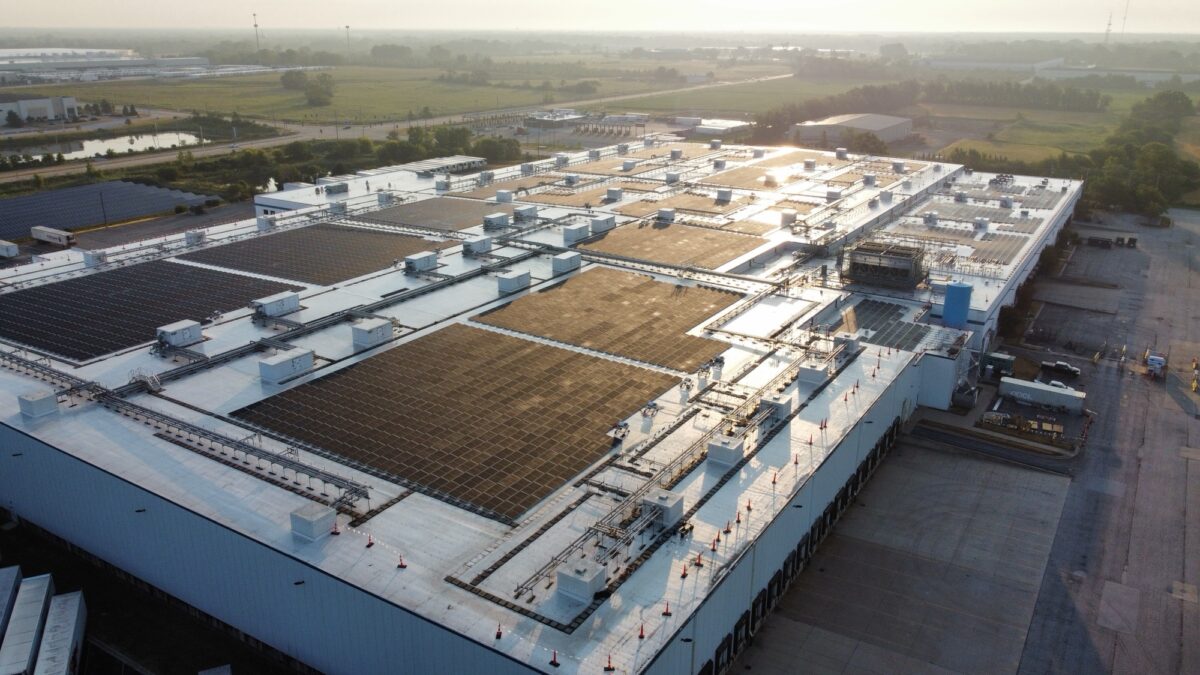Free EV Chargers Aren’t Free: 5 Key Questions for Every Property
December 6, 2022With more states promoting electric vehicle adoption and new tax incentives for charging equipment coming in 2023, a lot of companies have been promoting “free” chargers to building owners. Some even offer to pay rent to host an initial set of chargers. Unfortunately, while attention getting, there are five important questions building owners should ask before agreeing.
1) What will this do to my electricity bill?
The cost of the chargers is only a modest portion of the total cost of ownership, and installing chargers is the biggest opportunity for investor-owned utilities (IOUs) in decades. Electric loads have been flat for roughly ten years in the United States as energy efficiency increases. More consumers and businesses have been generating their own electricity with renewable power, reducing utilities’ income. However, the grid continues to age, and utilities have been eager to find new sources of revenue, including demand charges, new time-of-use rates and infrastructure upgrade charges. Electric vehicle charging has become the go-to target for new utility revenues. Even installing a couple “free” EV chargers may trigger a separate meter in higher time of use and demand charges. To ballpark the electric costs, 10 Level 2 EV chargers would use about the same amount of electricity at an 10,000 sq foot commercial office in Los Angeles.
2) What about utility upgrades and other expenses?
A few demonstration chargers may be able to use existing wiring, but turning the parking lot into an electric fuel station could trigger significant utility upgrades, all on the shoulders of the property owner. Also, EV chargers often have annual software license fees and other operations and maintenance expenses.
3) Why can’t we just pass these costs onto the EV drivers?
In some states you legally can; but in other states, the rules for marking up electricity costs are undefined or ambiguous. However, if installing chargers triggers significant infrastructure upgrades, those costs will be dramatically higher than what a few EVs can support.
4) If the vendor is offering to pay rent for the chargers, how long will it last?
Some salespeople are offering rent per parking space in addition to free equipment. Offers we know of range from $100-250/parking space/month. However, the economics of EV charging in most places don’t really support those types of rents.
Be sure to ask explicitly about the source of those funds, how long payments will last and will they apply to additional parking spaces. There are various state subsidies available for the first few chargers, but not for the whole parking lot, nor will many of those payments likely continue past the first year. Be wary of signing away the long-term rights for the whole parking lot based on a couple spaces for the first few months or year.
5) Is there a better way to do this?
Absolutely. For properties with enough available space to have renewable generation on site, they often can avoid the utility upgrade charges and new tariffs. The important thing isn’t the chargers, it’s the fuel. Putting solar with battery storage with the chargers creates a smart, dynamic system that not only can reduce costs but also provide meaningful revenue to the property and benefit through demand response to the utility.
At Catalyze, we’re partners with the property owner. When we make money, you’re making money. We design, develop, finance, own and operate turnkey renewable energy systems that include solar, storage and EV charging at commercial and industrial properties. We’re your partner for the long term, managing and adjusting the systems in a constantly changing environment. And, we’ll also arrange for the tax credits and other incentives so as not to trigger unexpected consequences.

